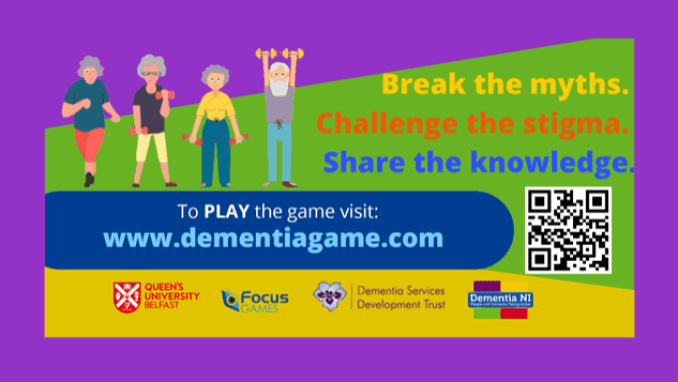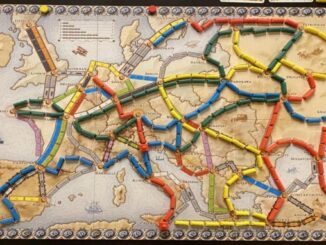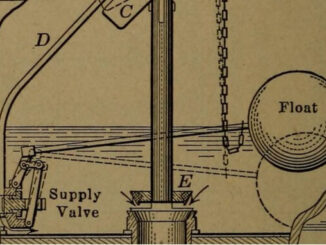
The Dementia Awareness Game is a digital game that improves knowledge of dementia and attitudes to people living with dementia. The game addresses common myths and misconceptions about dementia and the people who live with it.
The game was developed by Focus Games Ltd as part of a research initiative by Dr Gary Mitchell, Dr Gillian Carter and Professor Christine Brown Wilson from the School of Nursing and Midwifery at Queen’s University Belfast.
The wider study investigated public perceptions of dementia and attitudes towards people living with dementia. The game was designed to help improve knowledge and perceptions of dementia.
The game, funded by the Dementia Development Services Trust, was co-designed with people living with dementia who are members of Dementia NI.
Background
It is possible to live well with dementia, and we know that many people with dementia are living active lives with the support of families, friends and communities. As the population ages, and the risk of developing dementia increases, there is a pressing need to ensure that generations understand what dementia is, and how to support people in the community living with dementia.
For example, younger people are now experiencing dementia in their family with limited support due to a lack of understanding and/or negative perceptions. Carers of people living with dementia can also feel hesitant to go out together due to a perceived lack of understanding of the public. This may result in isolation due to being unable to maintain meaningful activities and social engagement.

Whilst this is slowly being addressed by initiatives such as Dementia Friendly Communities (DFCs) (Alzheimer’s Society, 2018), more is needed to enable people living with dementia to receive the respect and support they need to continue to live active and healthy lives in the community.
Digital gaming or ‘gamification’ is becoming an increasingly common way to educate/train employees in both business and health sectors (Jagoda, 2017). Gamification is also used to educate healthcare professionals and the public about a range of healthcare topics (Carter et al, 2009, Carter et al, 2010, Poultney et al. 2016).
How was the game developed?
Development of the game was a collaborative effort. The project team included seven people living with dementia, three dementia advocates from local charity Dementia NI and six undergraduate nursing students from Queen’s University Belfast. They met together five times throughout 2019 to co-design the game. Firstly, they identified the most significant misconceptions about dementia and how these could be addressed in the game. This was supported by findings from focus-groups held previously with people living with dementia. The key themes of the game were felt to be around Emphasising Capability – NOT Disability, and Normalising Dementia (Mitchell et al. 2020).
The game format was then co-designed with Focus Games Ltd, and this included the digital interface, colours and animations used throughout the game.
Results from the evaluation
Over 1,000 students engaged with the game over a four week period with 500 completing the Approaches to Dementia Questionnaire (ADQ) before and after playing the game. The findings from this study demonstrated that after playing this game there was a statistically significant improvement (p< 0.000) across all domains of the questionnaire showing more optimistic perceptions of the abilities and the future of people with dementia and what might be achieved by them; recognising people with dementia as unique individuals with the same value as anyone else, and overall demonstrating a more positive attitude towards people with dementia. This improvement did not change even with those who have had previous exposure to knowing someone with dementia (p<0.000).
To date, the dementia awareness game has been played over 3,500 times. A ‘serious’ digital game is a creative way to challenge people’s thinking in areas such as care homes and hospitals where there is high turnover of staff making it challenging to maintain dementia training. In particular, this game may engage younger adults in higher education who may be supporting people with dementia at home or work within service industries who otherwise may not receive education or training in dementia. Further to this, the game could be used as a continuing professional development tool across healthcare providers and care homes.
“Research conducted by Queen’s University Belfast shows that after playing the game, a person’s attitudes to people living with dementia improves! This statistically significant information is being reviewed by an international journal” Dr Gillian Carter, Queen’s University Belfast.
The game is free to play, without any registration or login. It will work on any device and only takes a few minutes to play. Access the Dementia game here.
- Dementia: changing attitudes with a game. - 12th May 2021
- Co-creation with frontline staff - 15th February 2020





Be the first to comment